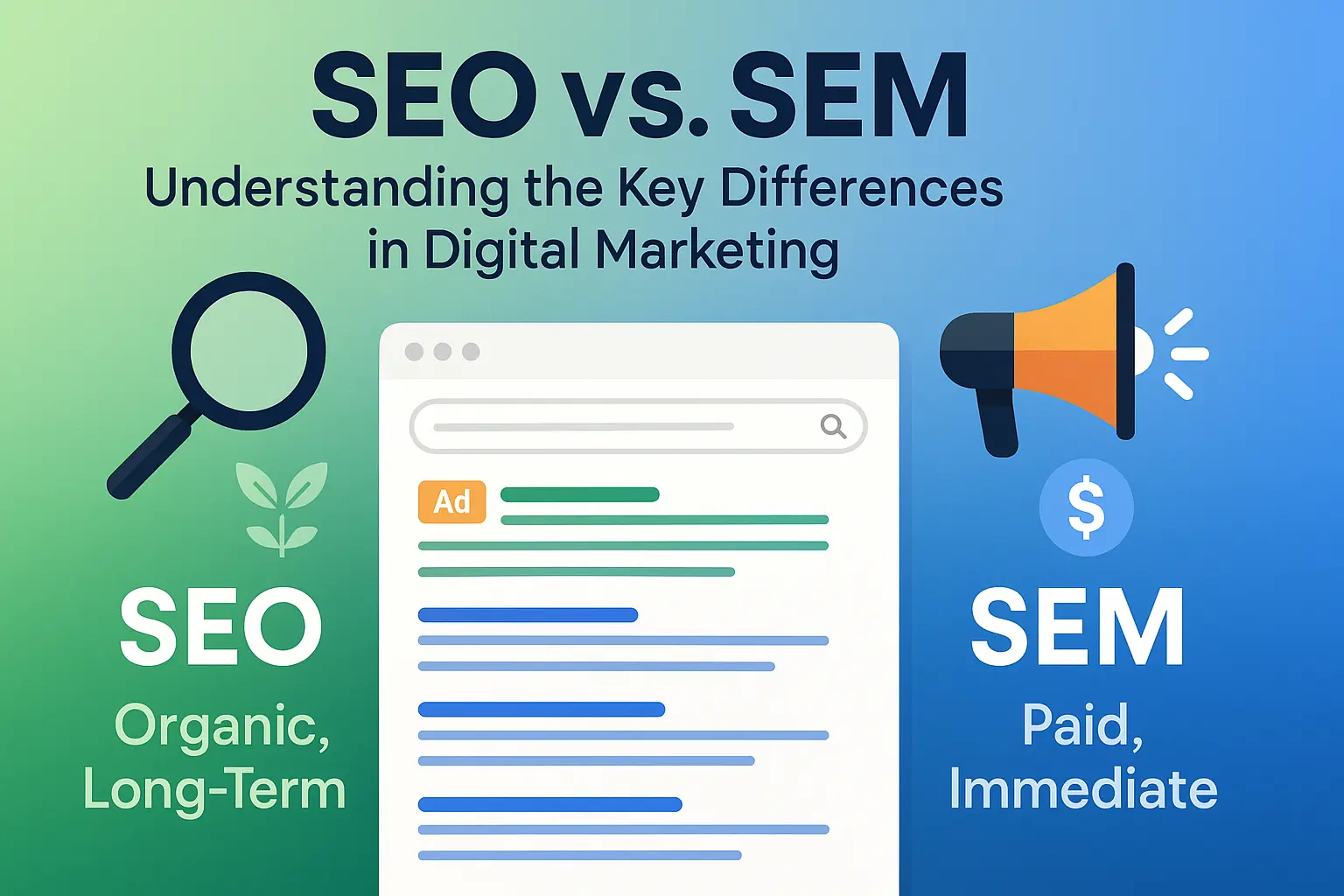SEO (Search Engine Optimization), is the activity of making a website or web page easier to find and rank higher in the unpaid search results of search engines like Google and Bing. SEO’s purpose is to obtain more targeted visitors to a website by making it more relevant and trustworthy in the eyes of search engines.
How Does SEO Work?
Search engines utilize complicated algorithms to crawl, index, and rank web sites based on a number of variables that show how relevant and authoritative a website is for certain search queries.
Here’s a simplified breakdown:
- Crawling: Search engines use automated programs known as “crawlers” or “spiders” to find new web pages and updates by following links on the internet.
- Indexing: After being crawled, the data from web pages is processed, looked at for its content and context, and then put into the search engine’s huge index, which is like a digital library.
- Ranking: When someone types a search term into a search engine, the search engine’s algorithms look at the indexed pages and decide how relevant and authoritative they are to the query. They then put them in order on the Search Engine Results Pages (SERPs).
Key components of SEO
A successful SEO strategy involves optimizing various aspects of a website and its online presence:
- Keyword research: Keyword research is the process of finding the words and phrases that people use to search for information, products, or services.
- On-Page SEO: On-Page SEO is the process of improving the relevance and user experience of a website by optimizing its content, title tags, meta descriptions, header tags, and URL structures.
- Off-page SEO: Off-page SEO is the work done outside of a website to boost its authority and trustworthiness. This is mostly done by getting high-quality backlinks from other trustworthy websites and interacting with people on social media.
- Technical SEO: Technical SEO is the process of making sure that search engine crawlers can easily access and understand your website by improving its technical features, such as speed, mobile-friendliness, structure, and crawlability.
- User Experience (UX): Making sure that website visitors have a nice and easy-to-use experience. This includes things like site speed, navigation, design, and content readability. nice UX can help SEO rankings.
- Material Strategy: Creating and keeping up-to-date with high-quality, useful, and interesting material that fits with what your target audience is interested in and what they are looking for.
- Building Backlinks means getting high-quality links from relevant and authoritative websites that show that people trust your content.
Importance and benefits of SEO
SEO is crucial for businesses and individuals seeking to increase their online visibility and attract targeted traffic. Some key benefits include:
- More Organic visitors: When a website’s ranks go up in SERPs, it gets more organic (non-paid) visitors.
- More Brand Visibility and Recognition: Being at the top of search results makes your brand more visible and helps it become an authority in its field.
- Better Trust and Credibility: People tend to think that websites with high search rankings are more trustworthy and authoritative.
- Cost-Effectiveness: SEO can provide you a better return on investment (ROI) over time than paid advertising because it brings in free traffic that lasts once you get good rankings.
- Better User Experience: SEO methods generally make websites easier to use, faster, and more mobile-friendly, which makes users’ experiences better.
- Competitive Advantage: A good SEO plan can help businesses get higher search results than their competitors, bringing in more traffic and possible consumers.
Challenges & Considerations
While highly beneficial, SEO presents certain challenges:
- Time and Effort: It takes time, work, and regular optimization to build domain authority and get top ranks.
- Changes to Algorithms: Search engine algorithms are always changing, thus SEO methods need to keep up with new ranking variables and upgrades.
- Competition: It can be hard to have a high ranking when there are more and more websites fighting for the same keywords, especially for competitive topics.
- Specialized Knowledge: To use SEO tactics correctly, you often need to know a lot about keyword research, content optimization, technical SEO, and data analysis.
Conclusion:
SEO is an important and ever-changing part of digital marketing that helps websites obtain more traffic, create trust, and eventually succeed online in the long term.










